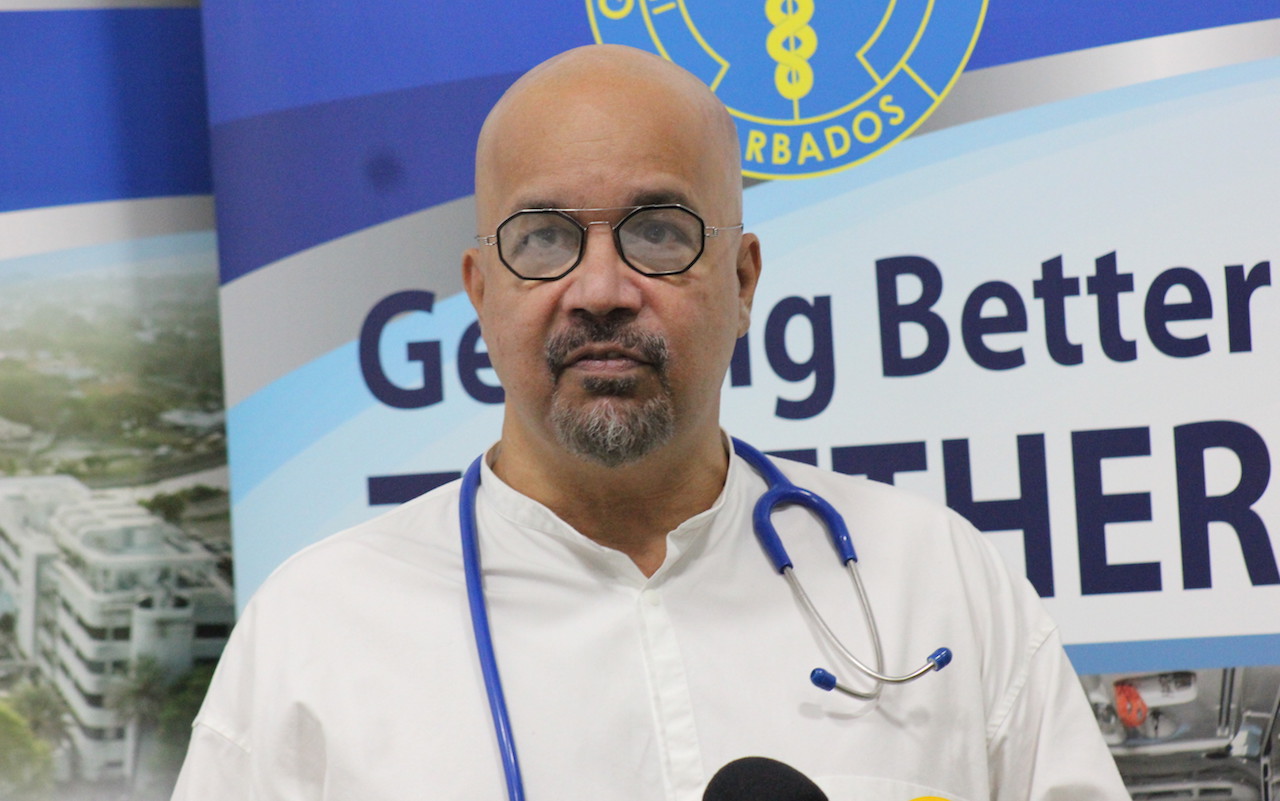The recent revelation by Dr Clyde Cave, the Queen Elizabeth Hospital’s medical services director, that some 40 people of all ages were abandoned at the hospital during the COVID-19 pandemic despite showing, for the most part, no signs of serious illness, is a new chapter of an old story insufficiently examined.
About two decades ago, it was primarily senior citizens who had been admitted to the hospital for different illnesses, but no-one came for them when it was time for them to be discharged. In most cases, these patients were eventually transferred to the Geriatric Hospital or one of the district hospitals.
The current situation outlined by Dr Cave is somewhat different given the demographics involved: “Some of those patients were under 35 while others were 40 years and older.”
The reasons for this latest spate of abandonment are yet to ascertained. If these patients are suffering from serious mental ill-health like schizophrenia or post-traumatic stress disorder, or the adverse effects of substance abuse addiction, the QEH is not the best place for them.
We agree with Dr Cave that abandonment is a societal problem. The hospital cannot just drop the people off at the Geriatric Hospital, neither can they just send them back to their relatives.
We recognise that it can be very difficult for families to cope with relatives who have severe health problems, whether it is a chronic illness, a mental health disorder or an age-related ailment like Alzheimer’s disease. Looking after a terminally ill loved one is physically, mentally and emotionally taxing, especially where a parent or spouse who has lost their memory and may be highly irritable, may tend to wander off or requires special equipment such as oxygen tanks.
So it may be that those families, out of sheer frustration or recognition that they really cannot do anything more for that loved one, decide to let the state take over. We suggest that families who find themselves in this predicament seek an audience with the Ministry of Health and Wellness, and in the case of an elderly person, the Ministry of Elder Affairs, so that specialists and social workers in those ministries can come up with a solution.
There is the unfortunate “almshouse” stigma associated with the remaining District Hospitals in St. Lucy, St. Thomas and St. Philip, and while there are many senior citizens’ homes all around the country, many of those converted homes are limited in capacity, and they may also be too costly for some families. Bringing in a nurse to look after an elderly sick relative may also be expensive in the long term, and some families, and indeed the patients themselves, may have reservations about bringing “strangers into their homes”.
During the We Gatherin’ exercise earlier this year, the St. Lucy District Hospital was identified as one of the areas in that parish which could use a significant upgrade and those who were coming into the island for the celebrations were encouraged to invest in that venture. If we truly want to upgrade the facilities for geriatrics in Barbados, we can always examine the privately-owned facilities, which are for the most part well decorated and kept in good shape. Some of those buildings are old houses which no doubt had their structural issues too, but the owners diligently maintained them as they modified them for their current purpose. There is no excuse why the same should not be done for the district hospitals, or new facilities built if the existing ones are no longer adequate. With an ageing population, we must take this matter more seriously.
In terms of the younger patients, Dr Cave mentioned, the under-35s are plagued by the stigma associated with the Psychiatric Hospital. But there are not many other facilities around that can deal with mental disorders. Verdun House and Marina House are strictly for substance abuse patients, whether sent by the court system or otherwise, so we need other types of institutionalised accommodation for people with a history of mental health disorders.
In 2011, the then Government closed the Elroy Phillips Centre, a hospice for terminally ill HIV/AIDS patients. It is time to explore hospice care for the terminally ill of any disease.
Many countries around the world have switched to community health care, and the same issue was mooted here during previous administrations, where, as an effort to eliminate the over-burdening of facilities at the QEH, Geriatric Hospital and the Psychiatric Hospital, less severely ill patients were allowed to remain in their communities.
It is time for us to consider investing in community hospices with adequate levels of staff where families can feel free to come in and ask for assistance, rather than leave their relatives at a hospital, unwittingly creating more problems in the process.




